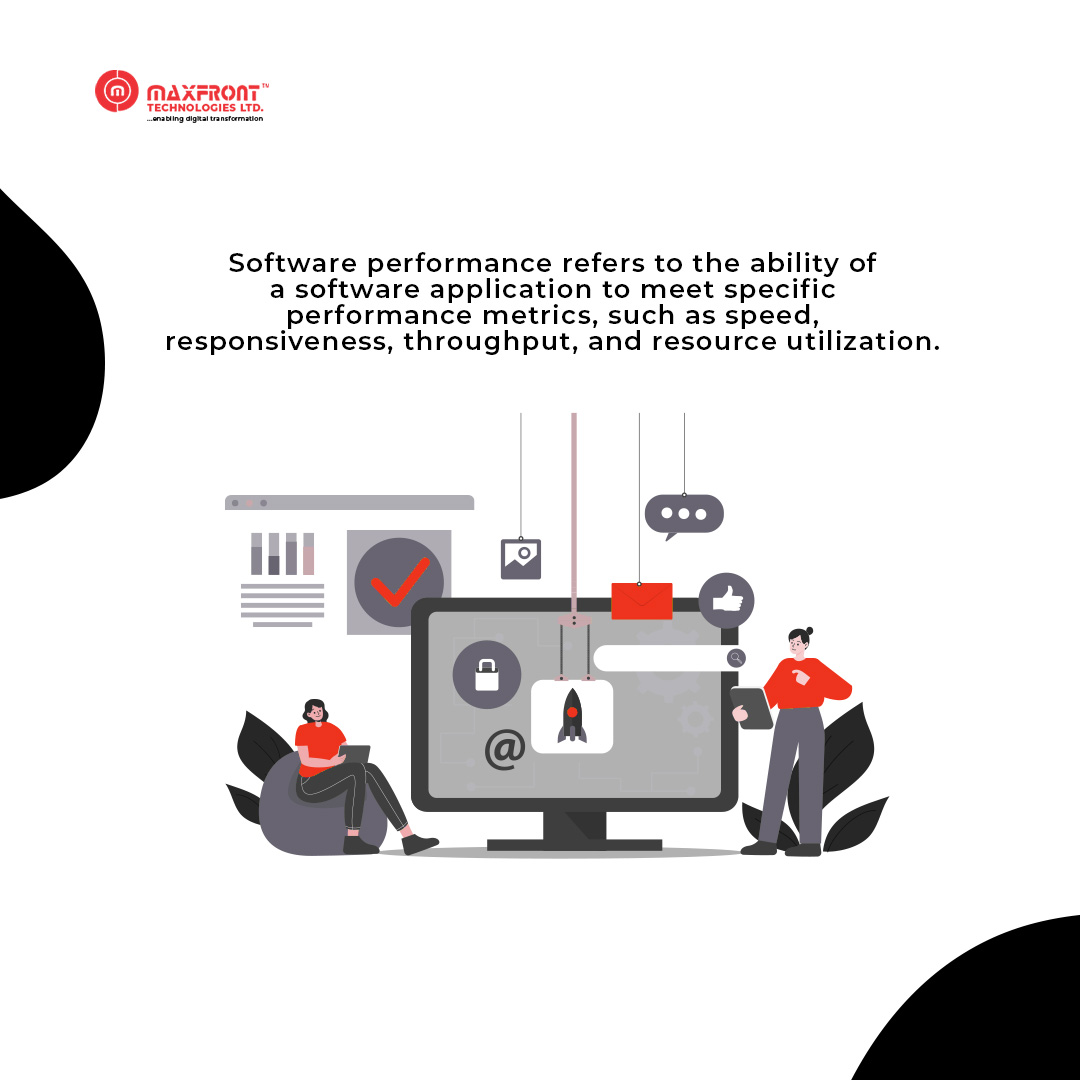Introduction:

In today’s world, where technology is constantly evolving, software performance and scalability have become critical factors in determining the success of any software application. Users expect software applications to be responsive, reliable, and able to handle increasing levels of traffic and data without any performance issues. This blog post will explore strategies for enhancing software performance and scalability.
Software performance refers to the ability of a software application to meet specific performance metrics, such as speed, responsiveness, throughput, and resource utilization. The performance of a software application is typically measured by analyzing various performance indicators, such as the time taken to execute a task, the memory and CPU usage, and the number of transactions processed per second.
Software scalability, on the other hand, refers to the ability of a software application to handle increasing levels of traffic, data, and workload without any performance degradation. A scalable software application can handle increased demands by scaling up (adding more resources to the existing infrastructure) or scaling out (distributing the workload across multiple servers). Scalability is a critical factor for software applications that are expected to grow and handle increasing levels of traffic and data over time.
Here are 5 Strategies for Enhancing Software Performance and scalability:

- Optimize Code- One of the most important strategies for improving software performance is to optimize code. This involves removing unnecessary code, minimizing function calls, and using efficient algorithms. Code optimization can significantly reduce the time the software takes to execute and improve the overall performance.
- Improve Database Performance- The database is a crucial software application component. Optimizing database performance can improve the overall performance of the software. This can be achieved by reducing the number of database queries, using indexes, and optimizing database queries.
- Use Caching- Caching can significantly improve software performance and scalability. Caching involves storing frequently accessed data in memory, which reduces the time taken to fetch the data from the database. Caching can be implemented at various levels, including database caching, query caching, and application-level caching.
- Implement Load Balancing- Load balancing is a technique used to distribute traffic evenly across multiple servers to improve the overall performance and scalability of the software. Load balancing ensures that no single server is overloaded and can handle the increasing traffic without performance issues.
- Use Cloud Services- Cloud services can improve software performance and scalability by providing access to a scalable infrastructure. Cloud services such as Amazon Web Services (AWS), Microsoft Azure, and Google Cloud Platform provide scalable infrastructure to handle increasing traffic and data without performance issues.
Conclusion:
Enhancing software performance and scalability is crucial for the success of any software application. If you’re a software developer or an organization that relies on software applications, it’s critical to prioritize software performance and scalability. By implementing the strategies outlined in this blog post, you can significantly improve your software applications’ efficiency, reliability, and scalability. So, take action today and optimize your code, improve database performance, use caching, implement load balancing, and consider using cloud services to enhance the performance and scalability of your software applications. Your users will thank you, and your organization will reap the benefits of improved software performance and scalability.